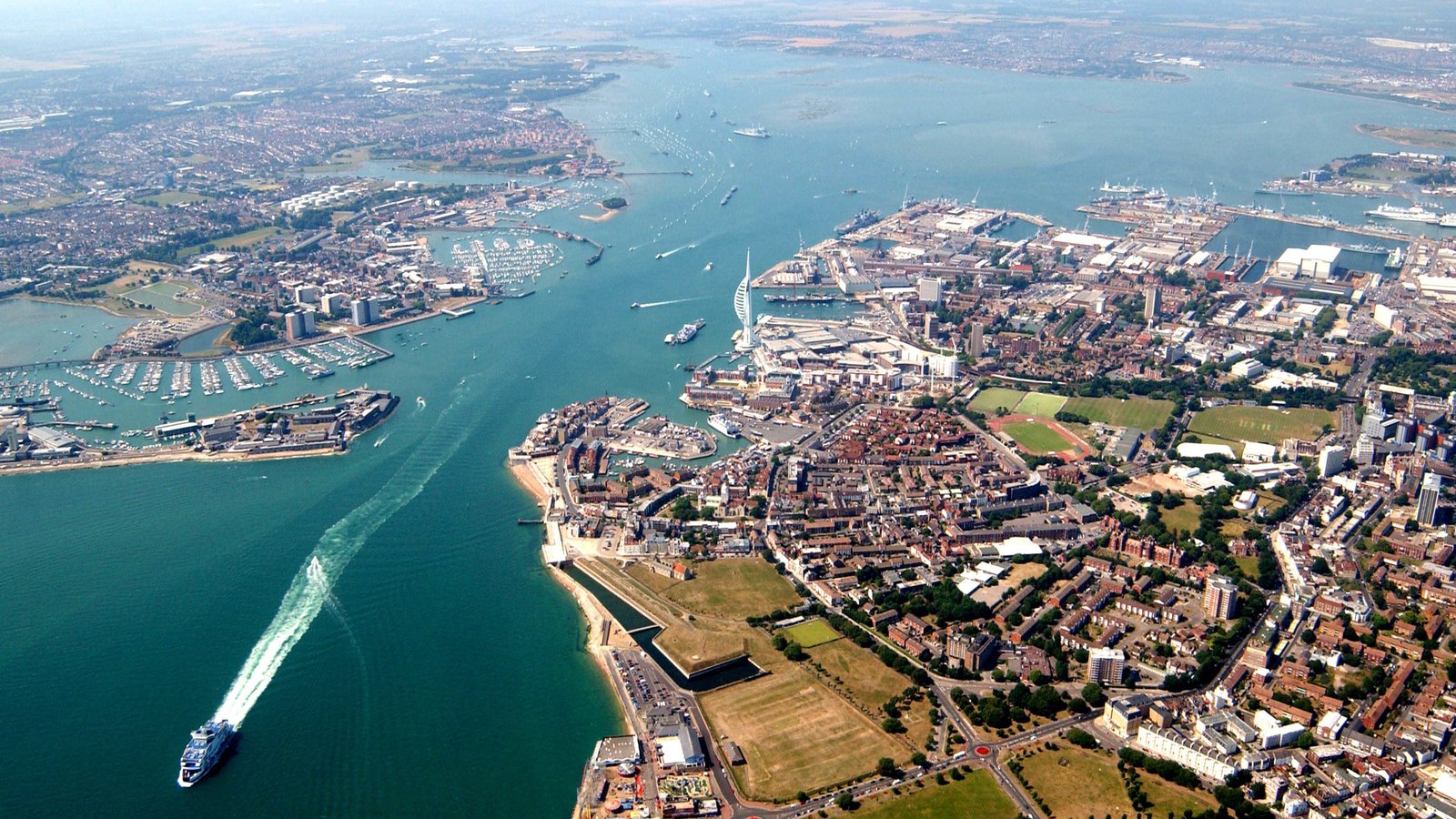Developing maritime clusters to support the Coastal Powerhouse

Developing, growing and building regional maritime clusters features heavily in the Maritime 2050 recommendations with a stress on Government and industry working together to maintain and enhance the attractiveness of the UK's regional maritime offer and its importance to the economy at both a regional and national level.
As a direct response, this summer has seen Maritime UK driving
forward its work in the rollout of the regional cluster development programme
with an in-depth tour of existing clusters and establishing links with partners
to establish new clusters around the country. This programme, with leading cluster organisation Mersey Maritime at the forefront of the work, included a series of meetings on the south coast with
visits to our partners in the Cornwall Marine Network, the South Coast Marine
Cluster and Solent Local Enterprise Partnership (LEP). The breadth and
diversity of these cluster organisations was clearly on show with each team
demonstrating their unique offer within their regional context.
The Cornwall Marine Network (CMN), a membership owned organisation led by Paul Wickes, works across the diverse range of marine industries in the county from leisure to manufacturing, specialising in improving the key skills and training of the local marine workforce. The skills agenda is CMN’s unique offer from drafting company training plans to the hands on and practical delivery of bespoke packages. The cluster development team were left in no doubt that the business support model that CMN has developed should be a key feature of its cluster development toolkit going forward.
Next stop was Plymouth, ‘Britain’s ocean city’, for discussions with Sheldon Ryan of the South Coast Marine Cluster (SCMC). The city had played host to a BBC News special feature across the Monday, organised by Maritime UK. Again, diversity and breadth were the watch words within this vibrant industry cluster which boasts world-class universities and research institutions and a highly-skilled workforce with particular centres of excellence around applied autonomy and robotics and marine environmental technologies and research to name just a few. There’s an appetite to bring about closer working between CMN and SCMC with the establishment of an overarching South West cluster for this strategically important coastal area; a key focus for support in the weeks ahead.
Finally, to Portsmouth for discussions with Anne-Marie Mountifield, Chief Executive of the Solent LEP. Cluster development work here is already well advanced with the recent announcement that Maritime UK and Solent LEP will be launching a new regional cluster organisation. This will bring together the Solent’s maritime strengths and assets and champion the region as a globally significant maritime cluster. Backed by the LEP, 'Maritime UK Solent' will help its members to develop international links to grow their businesses and provide them with a direct route to Government with the help of Maritime UK. The significance of this venture will be further underlined in September as Solent hosts the inaugural Maritime UK Awards.
Building a model framework for clusters, broadly based on the Mersey Maritime model, is the ultimate goal but this requires an in depth understanding of the value and individuality of each cluster as each one is different. The formulation of template model structures, best practice examples and an overall toolkit is underway which will seek to underline the strength of what the UK has to offer and give practical guidance to our key personnel on the ground as their develop their cluster work on a region by region basis.
Immediate future priorities for the rollout work include drawing key stakeholders together in East Anglia to begin the establishment of co-ordinated cluster across Norfolk and Suffolk, supporting the activity of the Scottish Maritime Cluster, building links with the north-east of England and considering how the Bristol fits into the overall cluster development work of the south west of England.
Our ultimate vision is to strengthen the ties between government, industry and academia within the existing cluster network and identifying opportunities for new clusters to develop. Watch this space as our exciting work in this field continues to progress.
The Regional Council
Established in 2018, the Maritime UK Regional Council is a key driver in the regional cluster development programme but also an important forum to feed directly into local and national maritime related policy. We know that Government is looking to have a single conversation with the maritime sector which at a general level the regional council is able to facilitate, but this dialogue must also focus on specifics too. Recent work has included in depth discussions between regional partners working up Local Industrial Strategy (LIS) documents, national trade association members of Maritime UK and the lead government departments including BEIS and the DfT. The maritime component of LIS must feature heavily in LEP driven LIS work which was the motivation behind a MUK roundtable in August to allow input and support across the board and the alignment of specific regional strategies with the key asks from government in this area. Maritime UK will look to throw its support around those LIS that align with its national priorities across people, the environment, innovation, competitiveness and of course regional growth.
London International Shipping Week
Finally, regional clusters will be a significant element of the joint delivery between Maritime UK and government at the Global Trade Hub at London International Shipping Week 2019. A whole afternoon on the opening day of LISW will offer an opportunity to showcase and spotlight the UK’s regional maritime offer from Scotland, across the north of England and down to the south coast. Delegates from around the world will learn more about how clustering is being used to create a unique and attractive environment amongst businesses large and small, academia and government. The event will feature a series of presentations, debate and opportunities for questions that demonstrate the breadth, diversity and range of the UK’s strength in its maritime clusters. An opportunity not to be missed!
